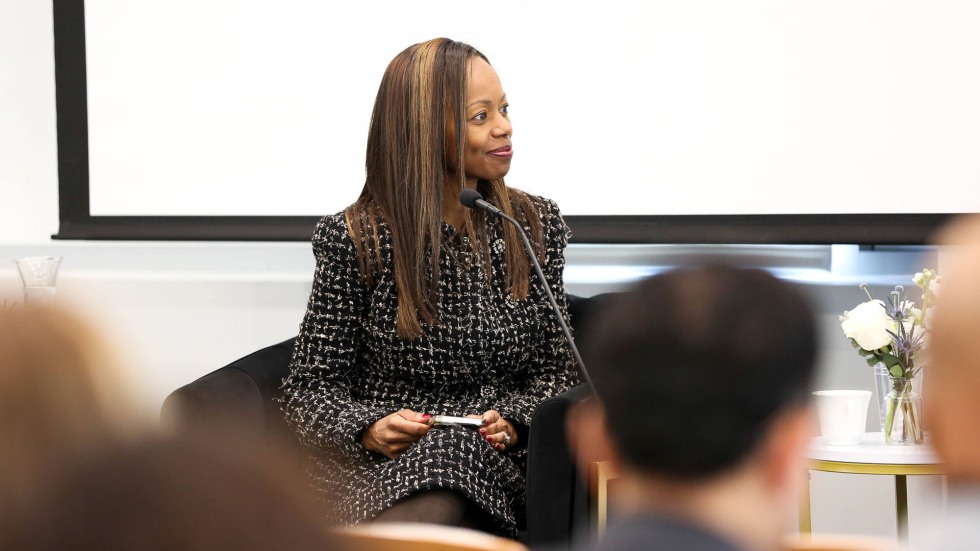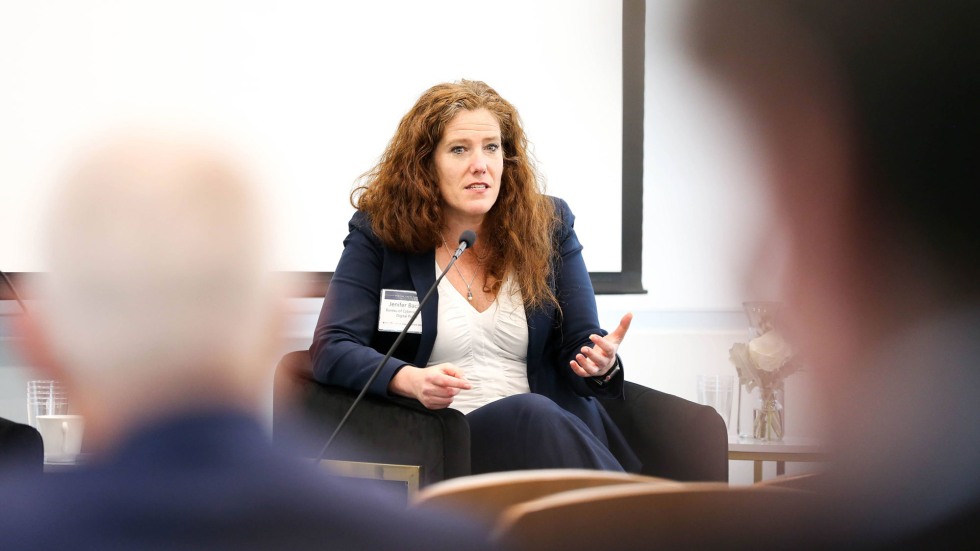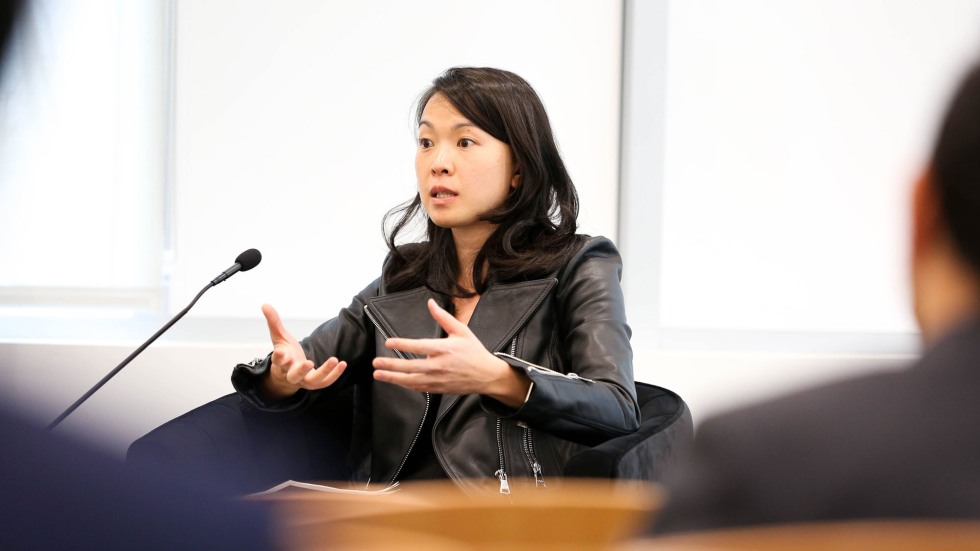Several graduates of Brown University attended the first annual Digital Trust Summit, which was held Friday, March 31, at the Watson Institute for International and Public Affairs. The effort was spearheaded by Dominique Shelton Leipzig, a 1988 Brown graduate and a Cybersecurity and Data Privacy partner at Mayer Brown's Los Angeles office and Ari Gabinet, a Watson senior fellow and legal expert in residence at Brown. With the digital landscape shifting rapidly, the pair recognized the need to bring together leaders from industry, government and academics to examine the impact of algorithmic data practices on individual privacy rights and societal trust in general.
Brown alumni who attended included: Pamela Reeves, a 1987 graduate of Brown, who is an international development and policy strategist and Watson senior fellow; Jennifer L. Bachus, a 1997 graduate of Brown who serves as the principal deputy assistant secretary for the Bureau of Cyberspace and Digital Policy; and Christine Moy, a 2003 graduate of Brown who is head of digital assets for Apollo Global Management.
The summit addressed the question of how companies and governments can maintain the trust of the public during our current period of rapid technological change. Data privacy and the as-yet-unknown impact of generative artificial intelligence (AI) were both areas of great interest and concern among participants.
Many attendees voiced agreement with a recent op-ed by Thomas Friedman in the New York Times that with the rise and widespread adoption of AI, we are experiencing a “Promethean moment.” One attendee noted it was appropriate that the summit was happening close to Slater Mill, the first water-powered textile mill in America, because the rise of generative AI would spark nothing less than a new industrial revolution.
As Reeves put it, “Data ethics, digital security and AI used to be the future. The future is here,” and summit participants were clearly grappling with ethical issues raised by new technologies. The general sense among the group was that despite the many unknowns, it was more important than ever to ensure that companies and governments use emerging technologies ethically.
Reeves said, “I think what struck me most about the day was how carefully the organizers had thought through both reality and the implications, the knowns and the unknowns about AI and digital security. It’s intimidating to think about the fine line between trust and dependency in the technology we use every day, and when experts and thought leaders gather to look these hard issues in the eye, non-experts like me can feel that we’re in good hands.”
Reeves added, “The more we learn, the better positioned we’ll be to harness the technology for positive outcomes. It’s so fitting this takes place at Watson, where we center this kind of multidisciplinary, policy-meets-humanity research and conversation.”


